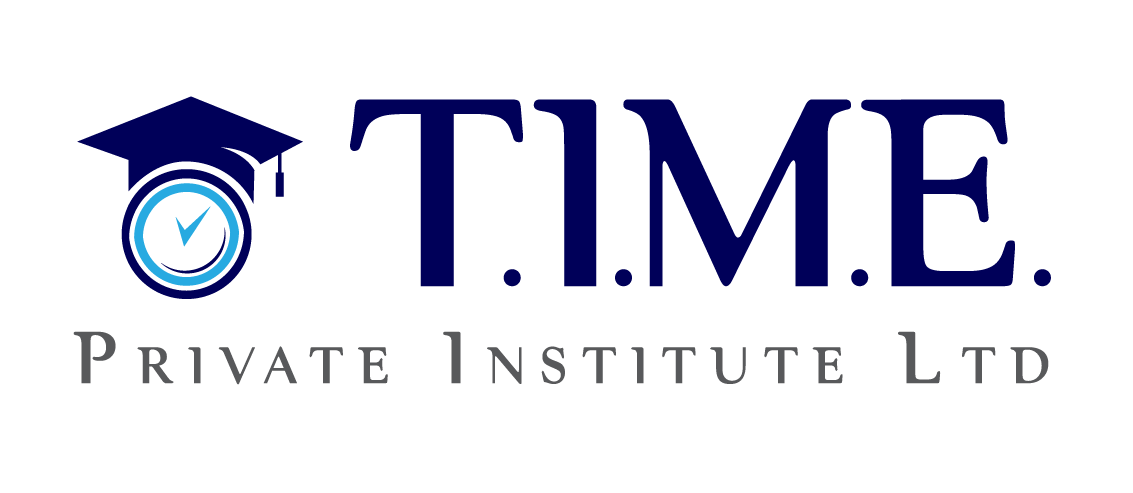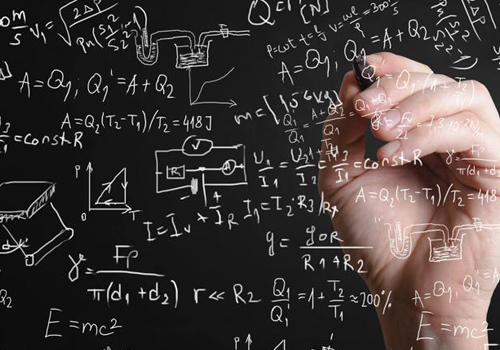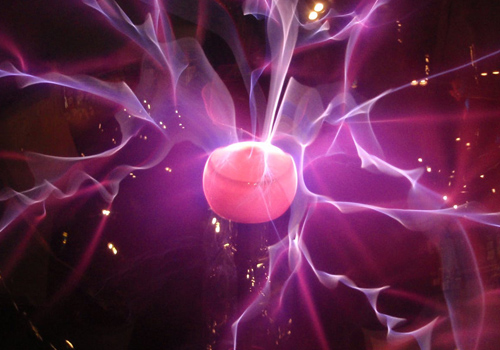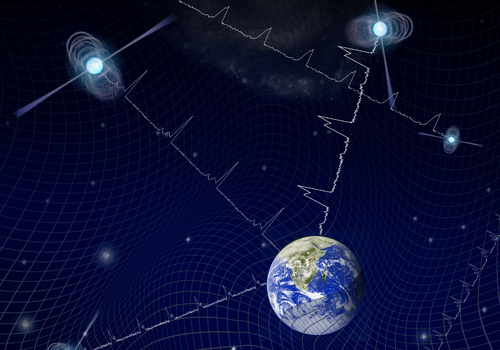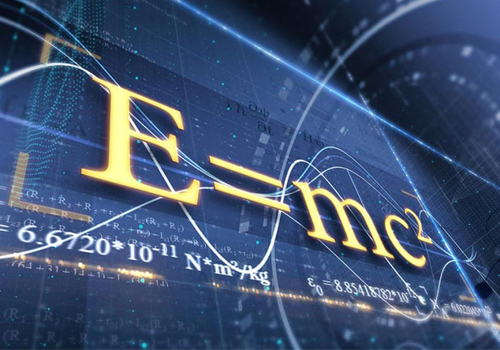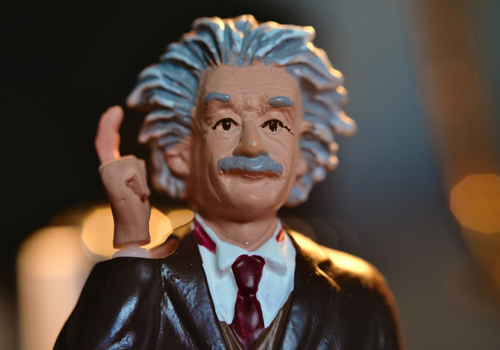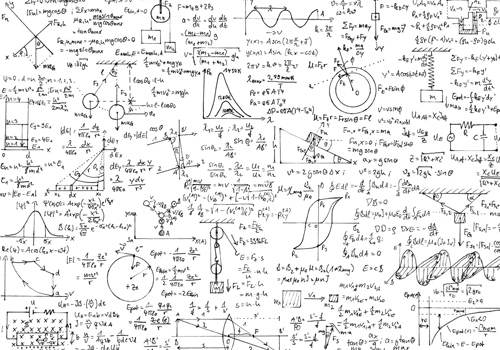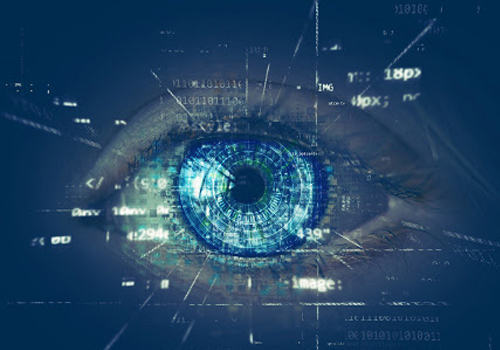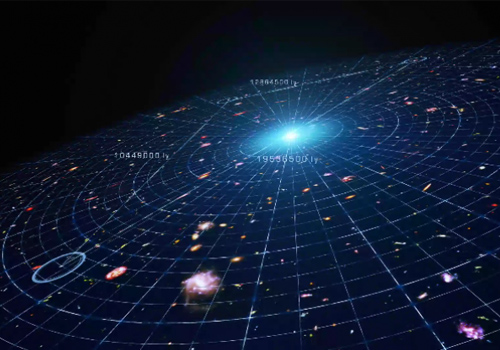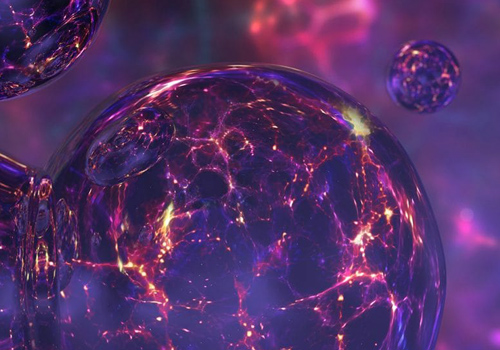Physics
The teaching of Physics in Secondary Education aims at exploring and studying concepts and phenomena. It prepares students to act freely and creatively by enriching their scientific ideas and its applications.
Our Institute seeks to familiarize children with the laws of nature and, encouraging the exploration within a process of seeking cause-and-effect; active learners then build a positive relationship with physics by understanding the usefulness of making accurate calculations and the value of formulating reasoned views.
THROUGH PHYSICS CHILDREN GERMINATE THEIR SPIRIT OF CURIOSITY, BUILD SOLID ARGUMENTATIVE APPROACHES AND AT THE SAME TIME ARE STREERED AWAY FROM PREJUDICE.S
Students learn to evaluate the accuracy of an observation, the efficiency of a description, their ability to design and test their own solution to a problem, but also the value and effectiveness of their reasoning for the phenomena studied and questions asked. This leads them avoid subjectiveness, to incorporate other people’s arguments into their solution, and to the objective results of their experiment to their research.
They are also challenged within their daily lives, even in matters not related to Natural Sciences; they learn to collect and use evidence to form or change their point of view taking into account the available data. Through the above aspirations, the active participation of children in the educational process is strengthened allowing for their own strong voice to be heard in an active and critical society that surrounds them.
Physics enhances abilities and skills related to:
- the formulation of exploratory questions that can be answered by Science
- the development and use of models
- planning and conducting research to answer these questions
- drawing conclusions based on research data and evaluating the conclusions of others
- the use of Mathematics and “computational thinking”
- the formulation of explanations
- collecting, evaluating and communicating information.
Source: Ministry of Education
In our school, children have the opportunity to attend lessons individually or in small groups and prepare for the Pan-Cypriot exams as well as for GCSEs, IGCSE, A-Level, IELTS, TOEFL, SATs.
Learn more by clicking here!
The active participation of children in the educational process is enhanced and the development of their abilities to participate in a society of active and critically thinking people is promoted.
Γενικός Σκοπός του μαθήματος της Φυσικής στο Γυμνάσιο είναι οι μαθητές να:
-
- Gain a comprehensive, global picture of the main concepts of Physics: Knowledge and understanding of specific facts, concepts, principles and laws of Physics
-
- Learn the basic procedures of scientific methods: Observation, explanation of observation, measurement, hypothesis outline, simple experiment draft, experimental data acquisition, data interpretation, inference, generalization, prediction, and communication.
-
- Gain skills in handling laboratory equipment, including new technology devices, and performing experiments diligently and safely.
-
- Develop a new way of thinking as a result of student involvement in experimental investigation and interpretation of natural phenomena.
-
- Develop positive attitudes towards Physics as a lesson : this includes pleasure from learning natural phenomena and the principles that govern them, adoption of scientific methodology and its application in everyday life, development of interest in scientific activities beyond school time, development of interest in career in science
-
- Recognize the impact of scientific applications in everyday life and understand the relationship and interaction of Science – Technology – Society – Economy
-
- They find that engaging in science liberates people from fear and prejudice.
Γενικός Σκοπός του μαθήματος για το Λύκειο είναι οι μαθητές να αναπτύξουν τις πιο κάτω ικανότητες και δεξιότητες:
-
- Understand basic ideas (situations, concepts, principles, laws and theories) and explanatory frameworks mainly through a qualitative and experimental approach.
-
- Recognize and evaluate alternative interpretations and procedures
-
- Use examples to show that scientific ideas are used to explain past observations and to predict future events
-
- Ask questions and make assumptions that lead to different types of scientific research
-
- Use appropriate instruments, technology and units of measurement to collect and organize data
-
- Interpret and evaluate data in order to draw conclusions
-
- Communicate the results of their research in appropriate ways (written reports, graphs, oral presentations)
-
- Give examples of how collaboration can be useful in solving scientific problems and finding results.
